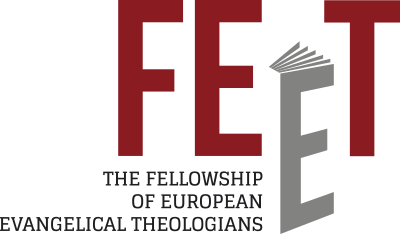European Journal of Theology Issue 34.2 (October 2025)
Like more often, the issue is worth reading for Christoph Stenschke’s Editorial alone. Reflecting on the German experience during and after World War II, which ended eighty years ago, Stenschke does not spare his fellow Germans, but calls us all to faithful reflection and action.
As a late fruit of the online conference of the Fellowship of European Evangelical Theologians (FEET) on Thomas Aquinas, this issue of the EJT carries an extended book review by Leonardo De Chirico, an expert on Thomas.
We open with a moving article on how to talk to children about suffering and sadness with the help of the Book of Job. It is based on work at a school in Germany but surely relevant for all of Europe and – in my humble opinion – not only in day schools but also in Sunday schools. The authors are theologian Volker Kessler and his daughter Natanja Mischnick, who is a schoolteacher.
Andrew Sloane, a trained medical doctor and theologian, discusses the delicate subject of gender dysphoria, arguing for a middle way between a complete rejection of transitioning and a celebration of it as an expression of the diversity of God’s good creation.
Evert van de Poll, the theological secretary of the European Evangelical Alliance, offers a critical-benevolent evaluation of the 2024 Seoul statement of the Lausanne Movement, noticing the healthy new emphasis on the local church.
Once again we carry an article relating to the (ongoing) Russian war against Ukraine. This time Vitali Petrenko analyses the sermons and speeches of the Russian church leader Patriarch Kyrill and points to some very troubling ideas and influences.
Jens Dörpinghaus presents an original approach to the Book of Acts. With the help of the computer he analyses the social network of the apostle Peter and concludes that Peter may not have been a leader after all.
John Armstrong suggests that a weakness in the otherwise helpful missiology of Leslie Newbigin, viz. his fideism, can be amended with the help of Alister McGrath’s scientific theology.
A good number of interesting book reviews form the predictable conclusion of this issue.

